Lower Back Pain
Lower back pain varies from dull to sharp. It can develop gradually or suddenly. It can be persistent or intermittent. Sometimes lower back pain travels into the buttocks and one or both lower extremities. Muscle strain related to heavy physical labor or bending or twisting, or standing in one position for long periods is the most common cause.
Many conditions cause lower back pain. Nerve compression that generates pain, numbness, tingling, and weakness in the lower extremities is common. Spinal disorders can be trauma-related or age-related (degenerative).
The following are spinal problems
A disc may bulge outward and cause nerve compression, inflammation, and pain. However, most disc bulges are painless.
Central canal stenosis is an abnormal narrowing of the spinal canal.
Foraminal stenosis is an abnormal narrowing of a nerve passageway.
A herniated disc occurs when the interior disc material escapes through the outer layer and may cause nerve compression, inflammation, and pain.
Osteomyelitis is a bacterial infection in a spinal bone.
Spinal osteoarthritis or spondylosis is a common degenerative spinal problem affecting the spinal facet joints and may lead to bone spurs.
Spinal tumors are an abnormal growth of cells that are benign (non-cancerous) or malignant (cancerous).
Spondylolisthesis occurs when a vertebral body slips forward over a vertebra.
Vertebral fractures are often caused by trauma such as a fall. Fractures may occur with no obvious trauma when osteoporosis is present.
The following are recommended after a recent lower back injury
Use ice wrapped in a cloth to reduce swelling, muscle spasms, and pain during the first 24 to 48 hours. After that, switch to heat. Heat warms and relaxes sore tissues. A cold or heat source must always be wrapped in something before being applied to the skin to avoid causing burns.
Tylenol or NSAIDs (e.g., Aleve) may reduce inflammation and pain, but follow package directions.
Adjust your daily routine so your lower back can recover. Bed rest is not recommended
Seek medical attention when the following occurs
Lower back pain is persistent and severe.
The pain does not improve after a few days.
The pain interferes with normal daily activities and sleep.
The symptoms listed below require immediate medical attention
leg, foot, or groin weakness and numbness; and
bowel or bladder dysfunction.
As soon as your symptoms subside, begin a core strengthening exercise program prescribed by your doctor under the supervision of a physical therapist.
Tania Faruque MD is the medical director of Palomar Spine & Pain, in Escondido, CA (North San Diego County).
